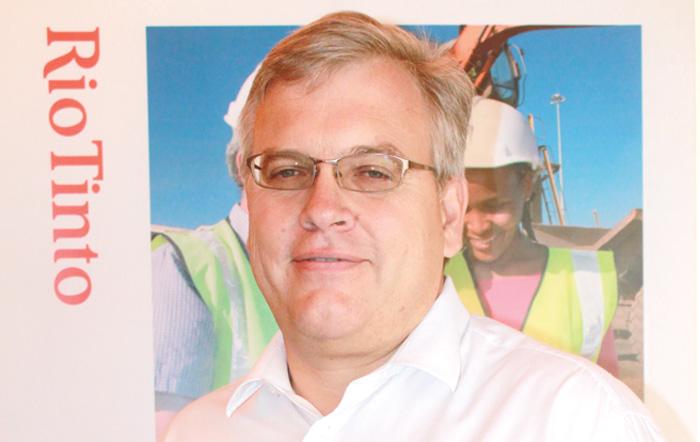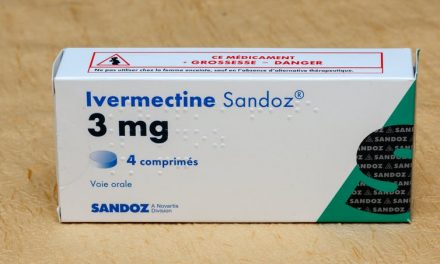
Rössing’s health study on the roll

Good progress has been made with Rössing’s epidemiological health study following letters sent this week to all former Rössing employees, updating them about the study.
“As always safety is the most important matter to us, and the mine’s Health, Safety and Environmental practices are recognised as complying with international best standards. Our goal remains the solid establishment and maintenance of an injury- and illness-free workplace, where everyone is healthy and goes home safely each day,” said Rössing’s Managing director, Werner Duvenhage at a media briefing last Friday.
“The aim of the epidemiological study currently being undertaken is to determine whether there is an excess work related cancer risk in the uranium mining workers at the Rössing mine,” he added, at a media briefing last week.
From 2011, Rössing has begun preparing for a comprehensive study of occupational health outcomes designed to stand up to scientific scrutiny.
Rössing has in the past attempted on several occasions to perform a comprehensive health study able to demonstrate that the occupational exposures experienced there are not resulting in excess health risk.
The first requirement for a successful study of this nature is a scope that adequately addresses all the study parameters, ie the quantity and quality of available data for the workforce, the available information on the population from which this workforce is recruited, and the study design able to produce the optimal outcome for the situation on the ground.
A scoping process was completed by renowned external consulting company SENES in August 2014 and subsequently the research project was awarded to the Centres for Occupational & Environmental Health (Epidemiology), and for Biostatistics, Institute of Population Health, Faculty of Medical and Human Sciences at The University of Manchester in August 2015.
The predictive power of epidemiological studies depends on the availability and quality of data. Both aspects (occupational hazards, eg radiation) and potential impacts (ie health outcomes) need to be available with adequate accuracy. The project completion is expected towards April 2018.
All former and current workers who have started work between 1976 and 2010 and who have worked at the mine for more than one full year stand a chance of being included in the study cohort.
Only routine (already collected) data will be used for the study, which means that no new data will be collected, and no new medical examinations will take place. Referring to the integrity of information the Rössing’s MD said, “No individual identities or other personal information will be disclosed to the University of Manchester research team. Only anonymised data will be used in this study, which means that personal information will not traceable to individuals, and will not be disclosed to anyone.”
The confidentiality of the data is thus assured and although all data processed will be anonymous and therefore not traceable back to individuals, potential members of the cohort will have the option to withdraw their consent for the use of their data. If a potential member of the study group has withdrawn consent for the use of their data, that data will be removed from the study and not be analysed.
The completed study will be scientifically peer reviewed and published in an internationally acclaimed journal, and potential concerns and contributions from key stakeholders (such as Government) will be considered and integrated where needed.
The project has been submitted for approval by the University of Manchester’s Research Ethics Committee. It has been approved by the Namibian Ministry of Health & Social Services, and the Namibian Cancer Registry has agreed to provide support.
Rössing has sent letters to all former employees and will be placing adverts in all newspapers to inform as many former Rössing employees as possible about the study.
Only former employees who wish to withdraw their consent to participate in the study need to complete the withdrawal of consent form, which will be provided together with the letters sent to former Rössing employees. Information will also be published in newspaper advertisements.












































